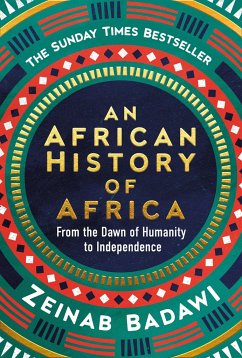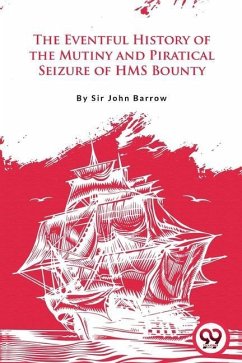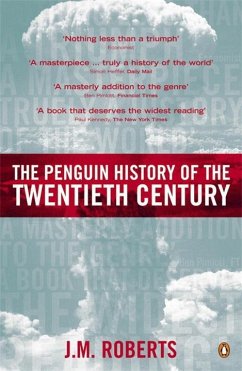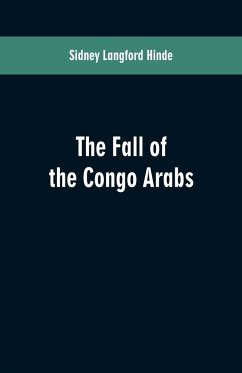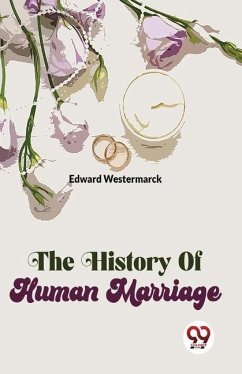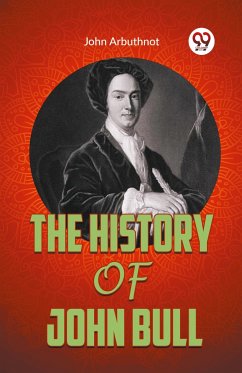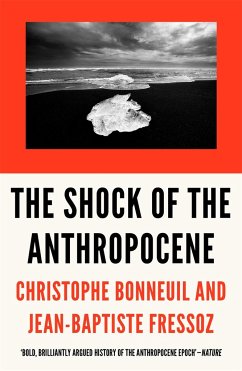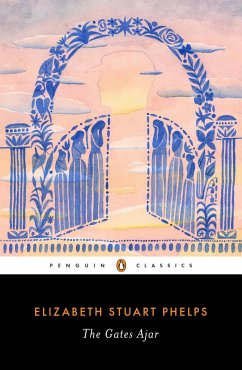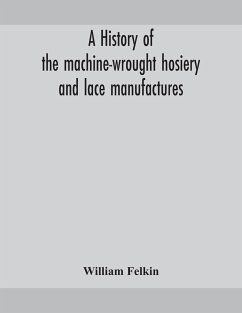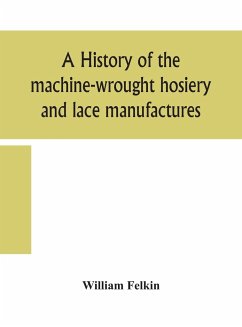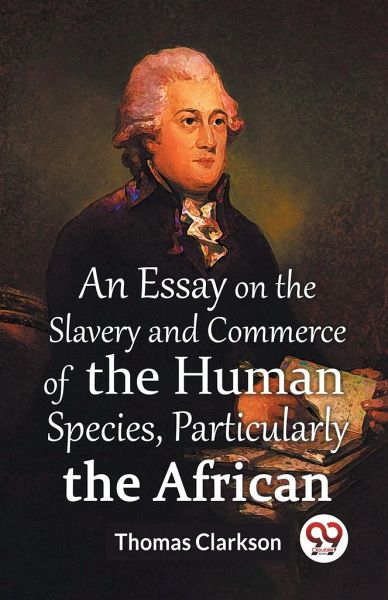
An Essay On The Slavery And Commerce Of The Human Species, Particularly The African
Versandkostenfrei!
Versandfertig in 1-2 Wochen
13,99 €
inkl. MwSt.
Weitere Ausgaben:

PAYBACK Punkte
7 °P sammeln!
Thomas Clarkson's Essay on the Slavery and Commerce of Humans, specifically Africans, is a remarkable piece that challenges readers to think critically. It's a prime example of early opposition to the slave trade and presents an argument against its perpetuation. The author deeply examines the roots of slavery, highlighting the economic and social constructs that have enabled it to flourish. The book also encapsulates the horror of the African captives' journey, from their capture to the grueling conditions and cruel treatment they faced as they were transported and sold into the Americas. In ...
Thomas Clarkson's Essay on the Slavery and Commerce of Humans, specifically Africans, is a remarkable piece that challenges readers to think critically. It's a prime example of early opposition to the slave trade and presents an argument against its perpetuation. The author deeply examines the roots of slavery, highlighting the economic and social constructs that have enabled it to flourish. The book also encapsulates the horror of the African captives' journey, from their capture to the grueling conditions and cruel treatment they faced as they were transported and sold into the Americas. In his book, Clarkson makes a powerful case for the establishment of a more just and humane society through the abolition of slavery. The power of thoughts to bring about social change is evidenced by An Essay on the Slavery and Commerce of the Human Species, an essential historical piece.





